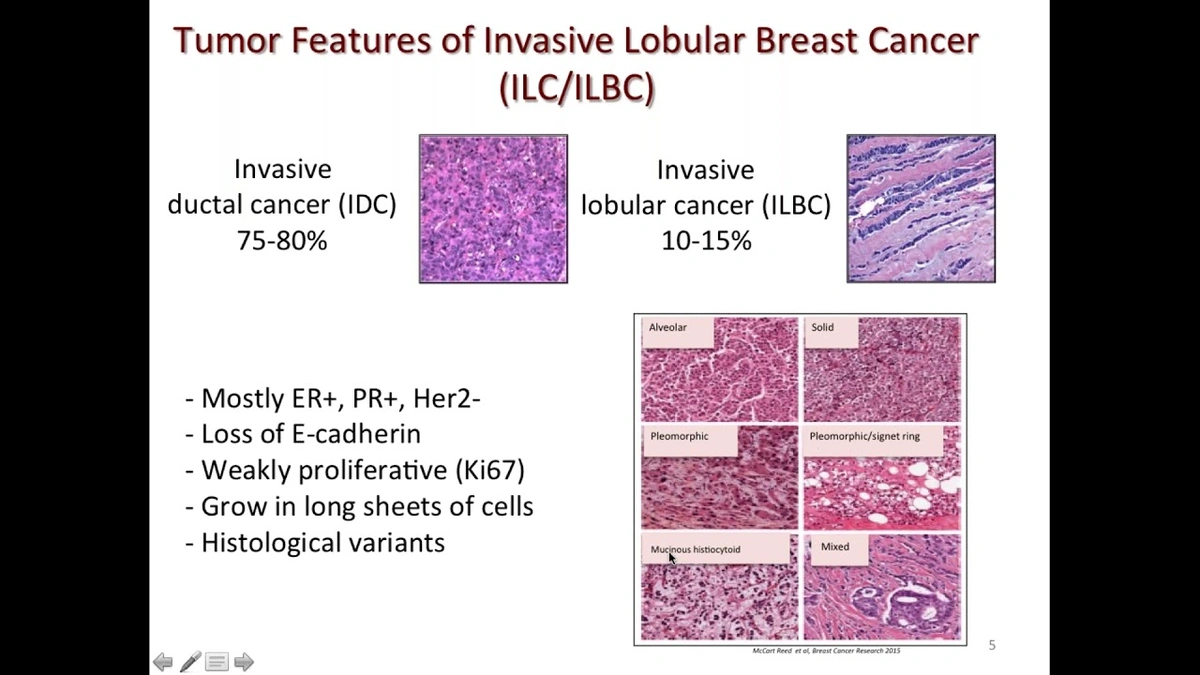Okay, so, we’re hearing about increased cases of Invasive Lobular Carcinoma (ILC) . It’s a type of breast cancer, and, let’s be honest, anything related to cancer is scary. But before you spiral, let’s unpack this. I’m not here to scare you; I’m here to help you understand what’s going on and, more importantly, why it matters. This isn’t just about statistics; it’s about real people, real lives, and understanding your own risk.
The “Why” | Invasive Lobular Carcinoma On the Rise

Here’s the thing: When you see headlines shouting about rising cancer rates, the first question is always, “Why now?” Is it better detection, or is something genuinely changing in our environment or lifestyles? With Invasive Lobular Carcinoma (ILC) , it’s likely a mix of both. Better screening methods are undoubtedly catching more cases. However, research also points to potential links with hormone replacement therapy (HRT) and even certain environmental factors.
And, it’s important to understand the nature of ILC itself. Unlike the more common Invasive Ductal Carcinoma, ILC cells tend to grow in single file, infiltrating the breast tissue in a way that can be harder to detect on mammograms. That makes early detection even more crucial, and any increase in cases prompts a closer look at screening protocols and risk factors. Let me rephrase that for clarity; due to its growth pattern it can be more challenging to discover making early detection so critical.
Spotting the Subtle Signs | What to Watch For
A common mistake I see people make is assuming that all breast cancers present as a lump. While that’s often the case, ILC can be sneaky. Instead of a distinct lump, you might notice a thickening or hardening in part of your breast, or a change in the overall shape or size. Sometimes, it presents as a subtle dimpling or puckering of the skin. It’s crucial to know your breasts and be aware of any changes, no matter how small. Regular self-exams are key, and if something feels off, don’t hesitate to get it checked out by a doctor. As per the guidelines mentioned in the information bulletin, a medical professional is always the best source of information.
But, let’s be honest, self-exams can be anxiety-inducing. The goal isn’t to become a self-diagnosing expert; it’s simply to become familiar with your body so you can recognize when something is different. And, remember, most breast changes aren’t cancerous. But it’s always better to be safe than sorry.
Navigating Diagnosis and Treatment of ILC
Okay, so you’ve found something that concerns you, and your doctor suspects Invasive Lobular Carcinoma . What’s next? The diagnostic process typically involves a mammogram, ultrasound, and often a biopsy to confirm the diagnosis. Once confirmed, treatment options depend on the stage of the cancer, your overall health, and personal preferences.
Treatment often involves surgery (lumpectomy or mastectomy), radiation therapy, hormone therapy, and sometimes chemotherapy. What fascinates me is how personalized cancer treatment has become. It’s not a one-size-fits-all approach. Doctors carefully consider the specific characteristics of the tumor and the patient’s individual circumstances to create a tailored treatment plan.
The Emotional Rollercoaster | Coping with an ILC Diagnosis
Let’s be real: a cancer diagnosis is earth-shattering. It’s not just a medical battle; it’s an emotional one. Fear, anxiety, and uncertainty are all part of the process. What’s important is to allow yourself to feel those emotions without judgment. Seek support from loved ones, support groups, or a therapist. Talking about your fears and concerns can make a huge difference. And remember, you’re not alone. There are countless people who have walked this path before you and found strength and resilience along the way. Navigating treatmentcan feel isolating, and remember there are professionals who are there to assist you.
And, it’s okay to ask for help. Seriously. Don’t try to be a superhero and handle everything on your own. Lean on your support system, whether it’s family, friends, or a professional counselor.
I initially thought this was straightforward, but then I realized how many layers there are to this. It’s not just about the medical facts; it’s about the human experience of facing a serious illness.
Prevention and Risk Reduction | Taking Control
While you can’t completely eliminate your risk of developing Invasive Lobular Carcinoma or any cancer, there are things you can do to reduce it. Maintaining a healthy weight, eating a balanced diet, exercising regularly, and limiting alcohol consumption are all important. If you’re considering hormone replacement therapy (HRT), discuss the risks and benefits with your doctor. And, of course, regular screening is crucial for early detection. Knowing your bodyand staying vigilant is crucial.
But, let’s be honest, sometimes cancer feels like a lottery. Despite our best efforts, it can still happen. The key is to focus on what you can control and not get bogged down in fear and what-ifs. According to the latest circular on the official NTA website (hypothetical website), early detection is key.
Frequently Asked Questions
FAQ
What exactly is Invasive Lobular Carcinoma?
It’s a type of breast cancer where cells grow in single file and can be harder to detect.
Are there specific risk factors for ILC?
Yes, hormone therapy and age can affect the likelihood of ILC.
How is ILC different from other types of breast cancer?
The growth pattern of the cancer cells is different.
What are the common treatment options for ILC?
The usual options are surgery, radiation, hormone therapy, and chemotherapy.
Can I reduce my risk of getting ILC?
Healthy habits and screening can help.
Where can I find more information and support?
Trusted medical websites and support groups are great resources.
Ultimately, understanding Invasive Lobular Carcinoma isn’t just about memorizing facts; it’s about empowering yourself with knowledge and taking proactive steps to protect your health. This isn’t a doomsday scenario; it’s a call to be informed, be vigilant, and be your own best advocate.




